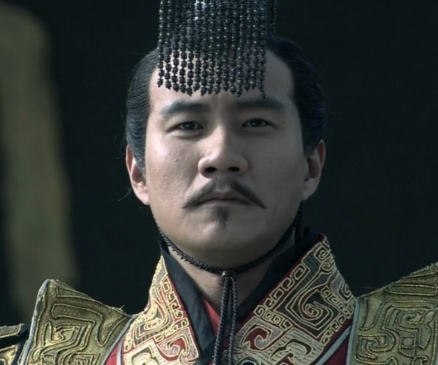Wang Anshi, a renowned politician and litterateur of the Northern Song Dynasty, implemented a series of reform measures aimed at revitalizing the national finance and strengthening centralization of power. Among them, the Qingmiao Law, as one of the new laws, was originally designed to alleviate farmers' burdens and regulate the grain market, but it encountered failures in implementation. This article will explore the effectiveness of the Qingmiao Law and the reasons for its failure.

Firstly, the original intention of the Qingmiao Law was to address the problem of farmers unable to repay usurious loans promptly due to disasters and famines. The law stipulated that the government would advance a certain amount of grain or loans to farmers in the spring, and farmers would repay the loans with interest in the autumn after the harvest. This approach alleviated farmers' immediate difficulties to a certain extent, helped ensure the continuity of agricultural production, and thereby increased agricultural output.
However, the Qingmiao Law encountered multiple difficulties in actual operation. Firstly, the corruption and inefficiency of the bureaucratic system led to deviations in the implementation of the law. Local officials often abused their power, manipulated lending rates, and even forced farmers to borrow, increasing farmers' actual burdens. Secondly, due to the lack of effective regulatory mechanisms, some local officials deliberately lowered grain prices for personal gain, placing farmers under greater economic pressure when repaying loans. Thirdly, the implementation of the Qingmiao Law required a large amount of government grain reserves, but the government's storage system was not perfect at that time, leading to difficulties in grain allocation and inability to meet the needs of all farmers.
In addition, the failure of the Qingmiao Law was also related to the political environment at that time. Wang Anshi's new laws encountered strong opposition from conservatives, who believed that the new laws disrupted traditional social order and moral norms. Against the backdrop of this political struggle, the Qingmiao Law became a casualty of political maneuvering, and its actual effects were neglected, instead being used as an excuse to attack the reformists.
In summary, Wang Anshi's Qingmiao Law was theoretically beneficial for improving farmers' lives and stabilizing the grain market. However, due to the corruption of the bureaucratic system, the lack of regulatory mechanisms, and the impact of political struggles, this well-intentioned law ultimately failed to achieve the desired effects, instead aggravating farmers' burdens and causing social dissatisfaction and turmoil. The failure of the Qingmiao Law teaches us that the formulation of any policy must consider the feasibility of implementation and possible problems, and also requires strong supervision and enforcement mechanisms to ensure the smooth operation of the policy.
Disclaimer: The above content is sourced from the internet and the copyright belongs to the original author. If there is any infringement of your original copyright, please inform us and we will delete the relevant content as soon as possible.
































